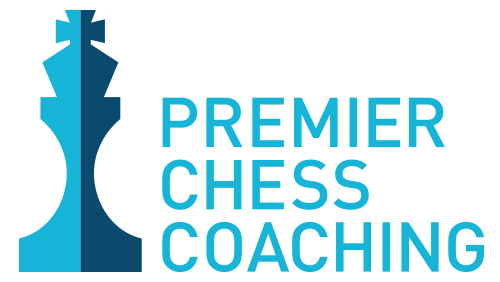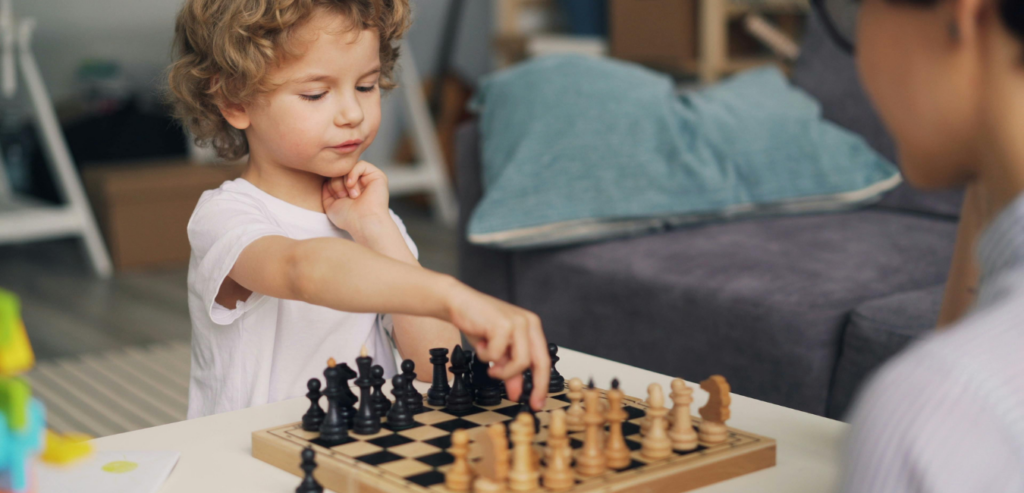As a parent, you may be wondering: When is the right time for my child to start learning chess? The answer depends on your child’s interest, attention span, and ability to follow basic rules—but many children can start learning the game much earlier than you might expect.
With the right approach, chess coaching for young children can be both fun and educational. In this guide, we’ll explore the ideal age to start, what to expect from early lessons, and how to support your child’s journey.
What’s the Best Age to Learn Chess?
While every child is different, most chess instructors agree that age 5 is a great time to begin structured chess coaching.
- At age 5, many children are ready to learn chess rules and play simple games in a structured setting.
- By age 6 or 7, most can apply tactics, follow full games, and participate in club activities or friendly tournaments.
- Some children may show interest and readiness earlier, around age 4, especially if they enjoy puzzles, patterns, or games at home.
Why It Works: At this age, children are developing strong memory, pattern recognition, and concentration—all essential for chess.
Benefits of Starting Chess at a Young Age
Early exposure to chess helps children develop important cognitive and life skills:
- Logical Thinking: Children learn to plan, predict outcomes, and think multiple steps ahead.
- Focus and Patience: Chess helps improve attention span and teaches children to think before acting.
- Problem Solving: They learn how to assess situations and make the best move under pressure.
- Confidence: Mastering new skills boosts self-esteem, especially as they start to win games or solve puzzles.
- Emotional Control: Chess teaches children how to lose gracefully and bounce back from mistakes.
What Early Childhood Chess Lessons Include
If your child is between 4 and 7, look for a chess coaching programme tailored specifically to young learners. These lessons are designed to be interactive and age-appropriate.
Here’s what to expect:
- Simple, engaging explanations of piece movement and rules
- Chess-themed stories and games to keep it fun
- Use of visual aids, mini boards, and puzzles
- Opportunities to play short games with lots of guidance
- A positive, encouraging environment focused on effort, not just results
Chess Training for 5-Year-Olds: What Makes It Different?
At age 5, children need more visual, hands-on, and playful methods. Coaches often introduce chess through:
- Storytelling (“the knight goes on an adventure!”)
- Movement games to remember piece directions
- Short, informal games where learning is the goal
- Lots of repetition and encouragement
Tip for Parents: If your child already shows curiosity or enjoys logic games, chess training for 5-year-olds could be a great fit. Just keep it light, positive, and consistent.
Is Your Child Ready to Start?
Here are some signs your child may be ready for early childhood chess lessons:
- They can sit and focus for 15–20 minutes at a time
- They enjoy games or puzzles
- They follow simple rules and instructions
- They show curiosity about chess or already play informally at home
Even if your child doesn’t tick all the boxes just yet, they may still enjoy an introductory session to explore the game in a playful way.
Final Thoughts: Starting Early Sets the Foundation
Learning chess at a young age gives children a head start in developing essential skills—while also providing a fun, screen-free hobby that grows with them. With the right programme and encouragement, children as young as five can begin building a strong chess foundation.
At Premier Chess Coaching, we specialise in chess coaching for young children, including early childhood chess lessons for ages 4–7. Our experienced coaches make learning fun, engaging, and age-appropriate from day one.
Contact us today to learn more or book an introductory lesson.


